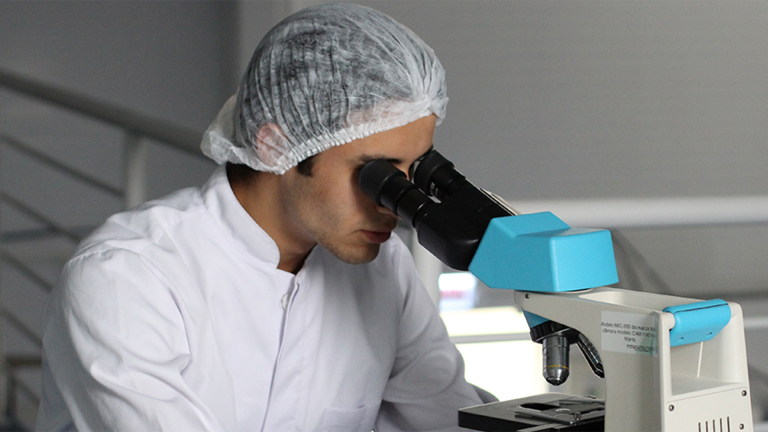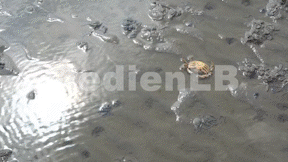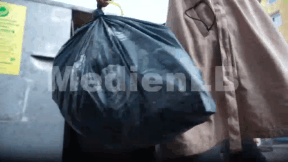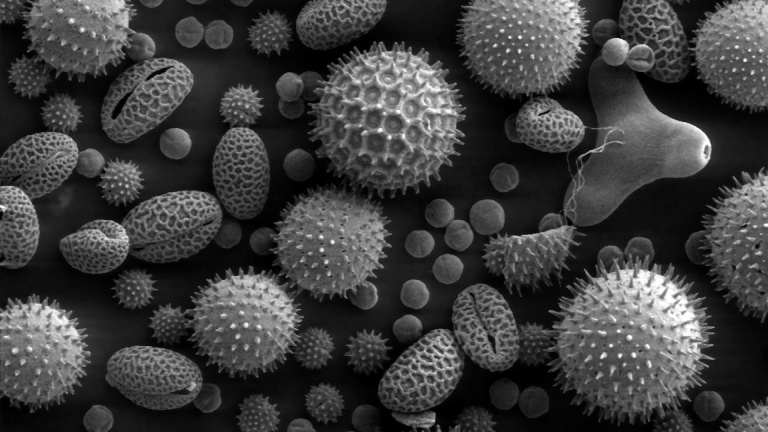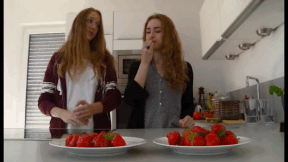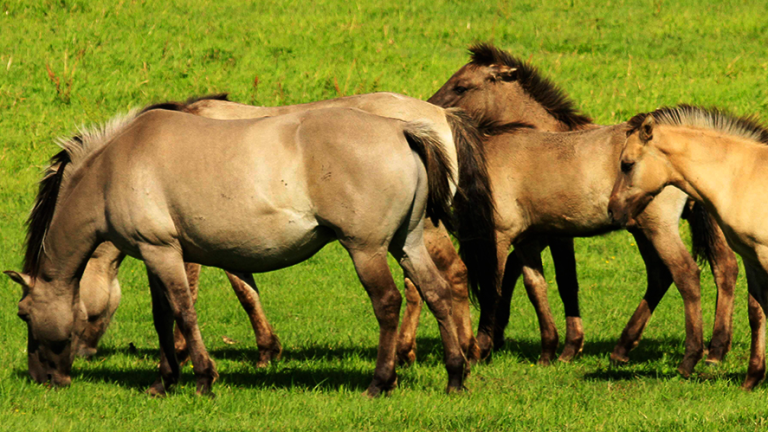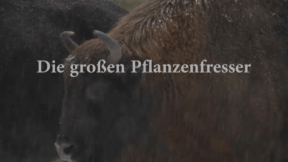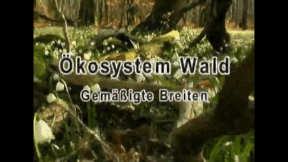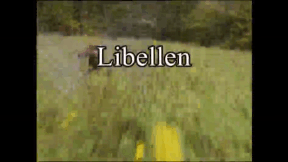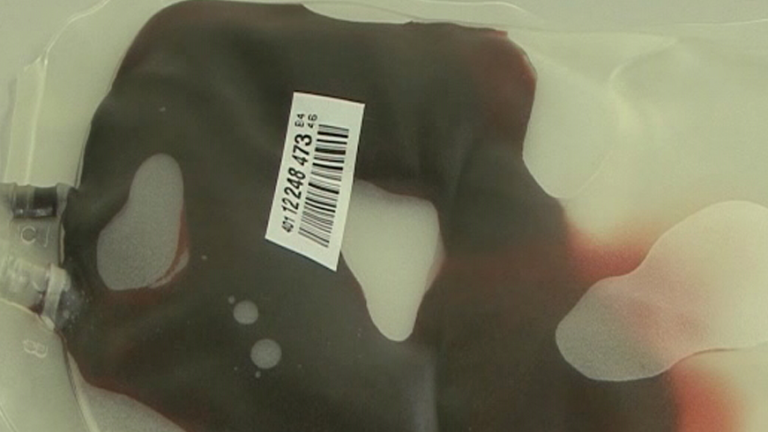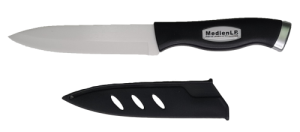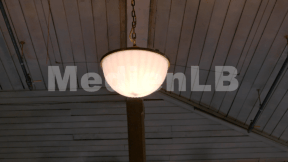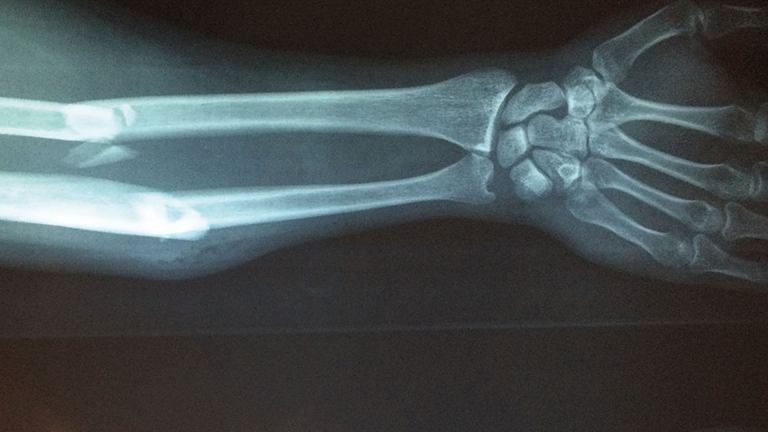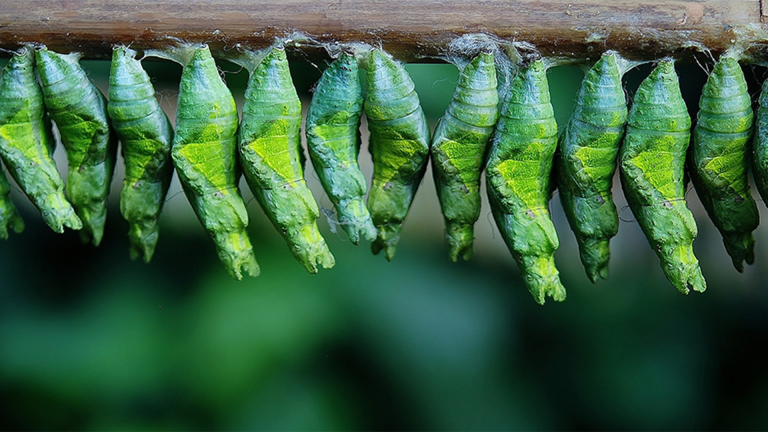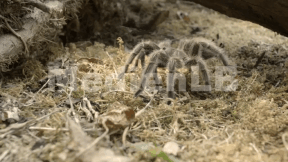Suche:
- # Artistry
- # Biology
- # Chemistry
- # Ecological
- # Economy
- # English
- # Foreign Language
- # Geography
- # German
- # Health
- # History
- # Informatik
- # Latin
- # Mathematics
- # Media Education
- # Music
- # Physics
- # Politics / Civics
- # Preschool
- # Primary School
- # Religion
- # Society
- # Sports
- # Technology
- # Training of Teachers
- # Vocational Education
Düngemittel
Pflanzen benötigen für ihr Wachstum, Licht, Wasser und Nährstoffe. Den Ausgleich für nicht vorhandene Nährstoffe schaffen Düngemittel. Doch welche Düngemittel gibt es? Welcher Dünger eignet sich für welchen Boden? Welche Konsequenzen bringt die Düngung mit sich?
Learn moreNatur erleben
Die Naturwissenschaften gelangen zu ihren Ergebnissen durch präzise Beobachtung, durch fundierte Hypothesenbildung, deren experimentelle Überprüfung und Auswertung. Vermittelt werden die Ergebnisse in einem festgelegten Kanon der Darstellung, sei es durch Schaffung eines anschaulichen Modells oder einer detaillierten Zeichnung, sei es durch ein aussagekräftiges Diagramm.
Learn moreConditioning
The theory of classical conditioning is one of several learning theories which explains how behaviours can result from stimulation without, however, taking into consideration the processes in the brain (black box).
Learn moreGenetics
Genetics means something like genealogy, origin and, in contemporary terminology, also the study of inheritance.
Learn moreAllergies
The flowering spring meadow, the cute cat from the neighbour’s garden or the bowl with strawberries are a source of joy to most people.
Learn moreLarge Herbivores
For a long time it was believed that, thousands of years ago, Central Europe was covered with almost uninterrupted primeval forests.
Learn moreEcosystem Forest
The forest – it is not only a collection of trees but a dynamic symbiosis of many different plants and animals. Their com- plex interdependence forms the basis of the ecosystem. DVD 1: Temperate Climes DVD 1 describes the structure and chain of aspects in the de- ciduous mixed forest typical of temperate climes. The various layers (herb layer, brush layer, canopy) are presented with their respective characteristics. The film describes the natural development of the ecosystem forest, compares natural forest and commercial forest and looks critically into human interference. DVD 2: Animals and Plants DVD 2 initially concentrates on the natural development of the forest (natural rejuvenation, succession, climax vege- tation). It then goes on to focus on the forest dwellers and their interrelations. The whole range of animals and plants is presented: from fungi and insects to birds and bats.
Learn moreDragonflies
The dragonfly – a fascinating hunter with incredible skills: with its iridescent wings, which make up two per cent of its body weight, it manoeuvres artistically in the air and serves as a model for ultra-lightweight design. A survival specialist that has been dwelling on earth for 320 million years.
Learn moreBlood
One moment of distraction and the damage is done: Tim has slipped and has scraped his knee. The wound begins to bleed. Back home, Tim is comforted by his mother and a plaster is put on the knee. Actually, this is not necessary any more because Tim’s body has already started to help itself by forming a scab on the wound. A skin injury makes it possible for germs and dirt to enter the body. To prevent this from happening our organism repels all foreign substances, beginning at the same time to close the wound. This is done with the help of blood clotting, which starts directly when blood gets into contact with the outside world for example.
Learn moreLichtverschmutzung
Die Elektrifizierung bescherte der Menschheit einen technologischen Quantensprung. Insbesondere die Möglichkeit elektrischer Beleuchtung dehnte die Produktivitätszeiträume der Menschen aus. Dass künstliche Beleuchtung durchaus als „Lichtverschmutzung“ mit negativen Auswirkungen auf Menschen, Tiere und Pflanzen aufgefasst werden kann, ist eine vergleichsweise neue Erkenntnis.
Learn moreInvertebrates
The term “invertebrates” was coined by the French zoologist and botanist Jean-Baptiste de Lamarck in the early 19th century. He was the first to address the classification of the then so-called “lower animals” and divided them into different categories and classes.
Learn more





